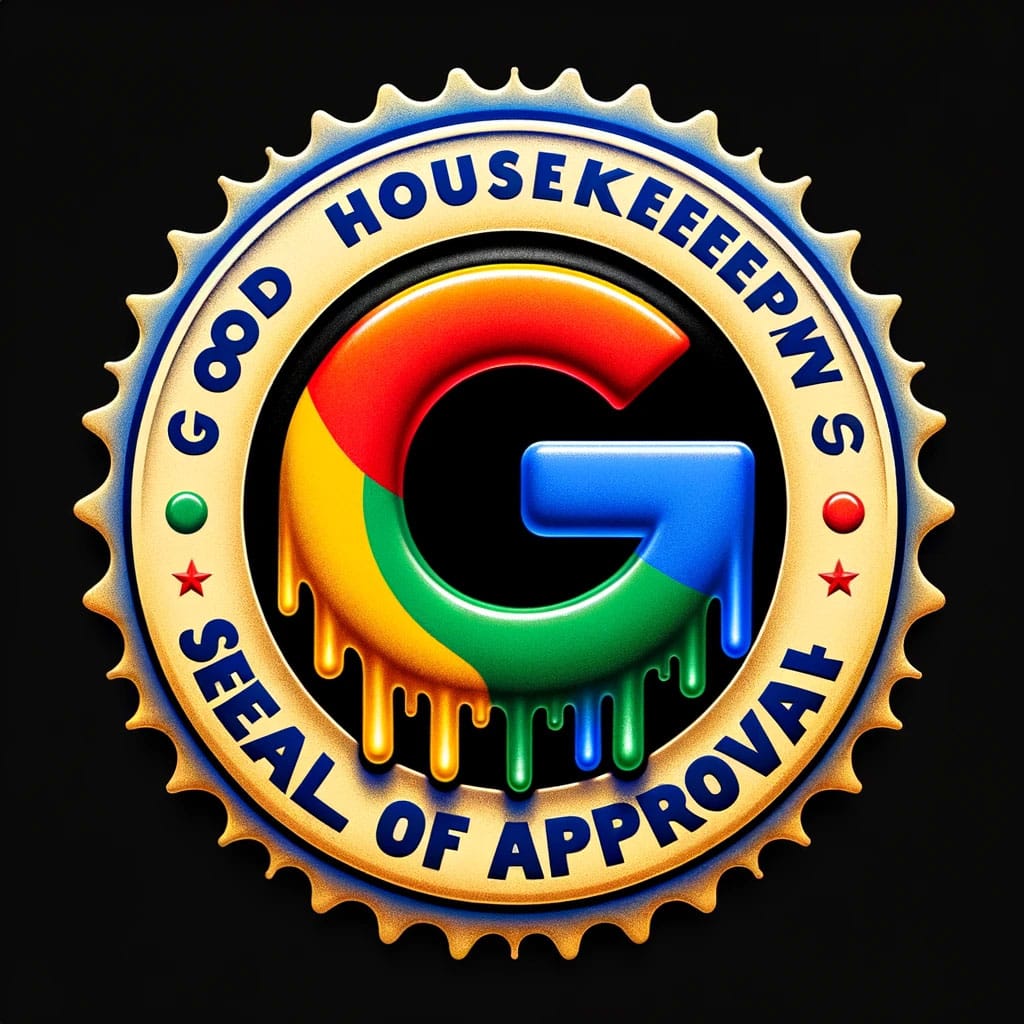LSA Spam Scam - It's Deja Vu All Over Again
Google has seen every type of spam and scam in local, yet they've now infiltrated Local Services Ads, which carry a Google "guarantee." This makes Google complicit in deceiving the public.

Karl Marx famously said, "History repeats itself, first as tragedy and then as farce." This is certainly the case with Local Services Ads (LSAs), Google's "verified and vetted" ad product for local service professionals. It seems as if all of the same scams that were popular with Google Maps are now in play with LSAs: fake names, fake reviews, unlicensed operators and bait and switch consumer deception. Now however these listings receive the "Google Guarantee" stamp of approval.
